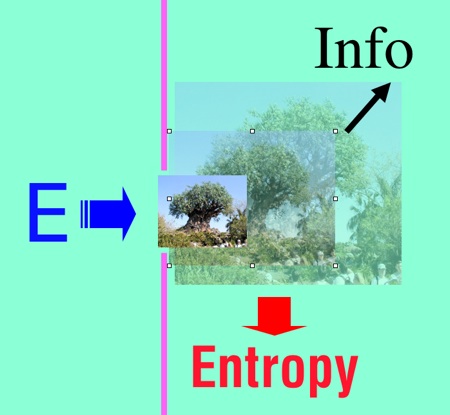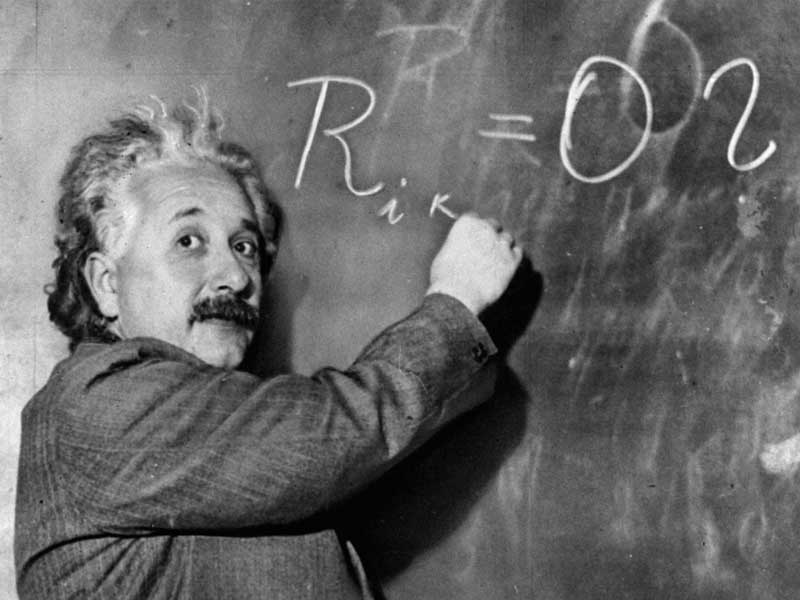In light of our study this week, let me make a few observations based on
2 Kings 6:1-6.
First, of all God cares about little things as well as big things. I mean, let's be honest, the loss of an axehead doesn't equate a life-disaster. Sure, for this apprentice, the axe-head was important. It was borrowed, and he would have to get a new one for the owner. But it wasn't life-threatening. But this story reminds us that little things matter to God.
Secondly, you can't teach miracles...you just have to believe them. I mean, think about the irony. They are building seminary to learn how to be better prophets. And God teaches them the most important lessons about being a man of God...trust Him; believe Him; and put Him first.
Finally, if iron can swim, do you think your problem is impossible? I love Mark Batterson's observation, "God doesn't answer all the prayers we don't pray." James said in
James 4:2,
“You have not because you ask not.”
Most of us don't see iron swim because we have never ask for iron to swim. Sometimes our prayers are just simply too small. Now I can't promise God will not answer every prayer you pray in the way you want it answered (you know, He is God...I am not; He knows better than I do what I need). But I can assure you that you will very seldom see amazing things happen if you seldom for amazing things!
I love the story about George Danzig, In the 1930’s, George was a graduate student at UC Berkeley He was late to class one day. The mathematics professor had written two problems on the blackboard. Danzig thought they were the homework assignment. It was the most difficult homework assignment he’d ever encountered. Night after night he tried solving the two problems. It took him nearly a week to finally figure them out. He finally turned in his assignment and thought he’d get a bad grade because it took so long.
A few weeks later, George heard a pounding on his door early in the morning. He was surprised to see his mathematics professor standing there. His professor said,
“George, you solved the problems.” George said, “Of course I did, they were our homework assignment.” The professor said, “That wasn’t your homework assignment. Those were two of the most famous insolvable problems in mathematics. The world’s leading mathematicians have been trying for years to solve the two problems you solved in a few days.”
George Danzig, who later became a professor at Stanford University, said, “If someone had told me that they were two famous unsolved problems, I probably wouldn’t have even tried to solve them.” In other words, if you don’t think it can be done you won’t even try. You’ve got to believe it to achieve it.
George Danzig solved two unsolvable problems because he didn’t know it couldn’t be done. Elisha prayed for the axhead to float because he didn’t know it couldn’t’ be done. Peter walked on water because he didn’t know it couldn’t be done. The little boy with 2 loaves of bread and five fish gave them to Jesus because he didn’t know that they couldn’t feed five thousand people!
Albert Einstein is quoted from the book
Mathematics, Queen and Servant of the Sciences (1952) by Eric Temple Bell, as saying,
“Common sense is the collection of prejudices acquired by the age of eighteen.” I don't want to put words in Einstein's mouth, but I think he is challenging us to not allow our experiences to override what we think is and is not possible. I think faith is suspending common sense long enough to believe that God can do the impossible.












